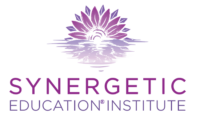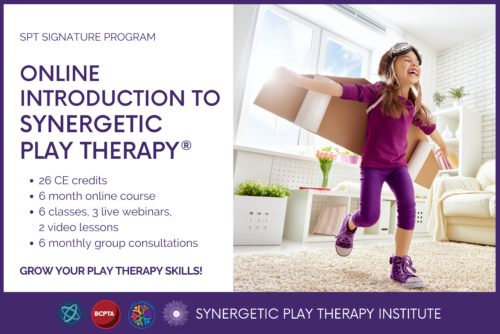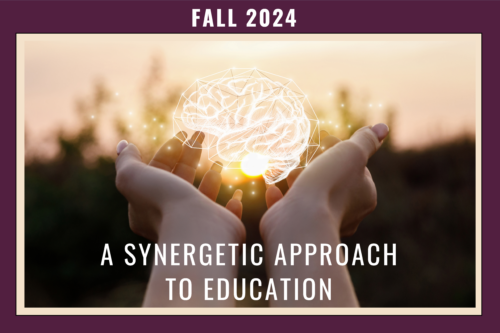This 12-hour intermediate course explores creating effective regulatory spaces and school-wide systemic implementation of content learned in the foundational program.Effective support for individuals and groups of students in and out of the classroom requires intentional planning and data collection to track progress. Educators will learn to create layered, social-emotional behavior support plans that include components to support students at varying levels of arousal states. These plans will be built upon two vital understandings: 1) the need to use a regulatory perspective so we are using the right strategy at the right time, and 2) the need to scaffold social-emotional and behavior lagging skills in the same way we would with academic interventions. Educators will explore the different and complementary roles that staff play, including the necessary training and communication systems that must be in place for integrated support.For sustainable change it’s necessary to integrate systems and initiatives. To avoid always feeling like we’re swimming upstream, it’s important to develop protocols that work with current structures while making steps towards change. Examining simple, practical ways to address challenges in the moment is imperative if we want to avoid on-going feelings of overwhelm and burn out. Participants will explore the possibilities of adopting a teaming approach and evaluate ways to develop successful communication and collaboration. Through a multi-tiered lens, educators will deepen their work with layered social-emotional behavior plans, focusing on implementation responsibilities. The components of sustainable change will be examined as each person identifies challenges and possibilities in their learning environment. For segments of this class participants will be grouped by their roles to explore their sphere of application and influence more deeply.
A Synergetic Approach to Social-Emotional Learning: Intermediate Course
Description
A South Carolina Department of Education sponsored course for their educators, school-based mental health professionals and educational leaders.
Successful social-emotional learning involves supporting students and educational staff using integrated and differentiated approaches. In these comprehensive trainings participants will learn critical classroom strategies based in neuroscience that support the development of self-regulation skills. Participants will learn to understand the dynamics behind difficult student-teacher relationships, and how to shift these challenging interactions. Participants will learn how to improve the school and classroom culture and increase students’ feelings of safety and belonging. Participants will be able to establish daily routines and rituals that intentionally teach “top-down skills” while also creating “bottom-up co-regulatory experiences.” Come discover the many facets of supporting trauma-informed, inclusive, social-emotional practices, leading to sustainable growth.
This is the foundational course in a year-long series of trainings that also includes intermediate and advanced level programming.
Please note some key dates and information below:
Class meets on Mondays 12-1:30pm
Class Dates:
- January 23rd, 2023
- January 30th, 2023
- February 13th, 2023
- February 27th, 2023
- March 6th, 2023
- March 13th, 2023
- March 20th, 2023
- March 27th, 2023




